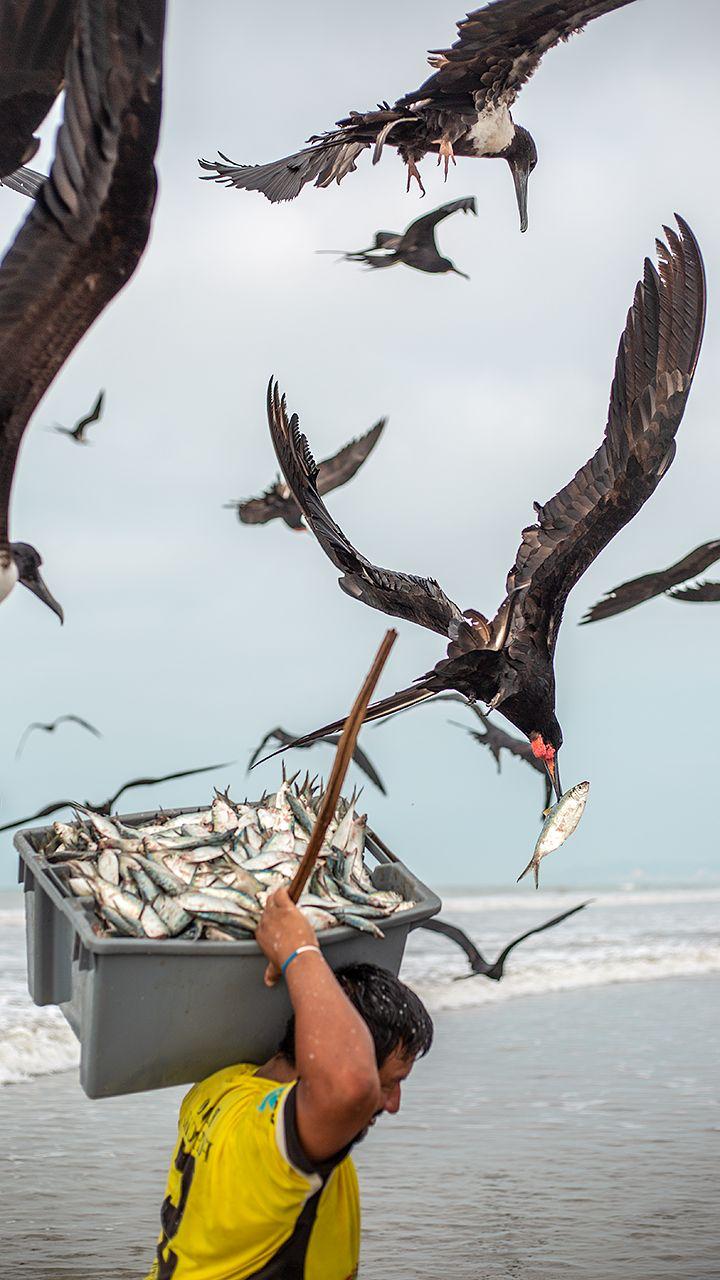We encourage the submission of abstracts and proposals that prioritize diversity and collaboration among speakers and organizers, whether individuals or groups, involved in innovative conservation practices, be it research or practice. Priority will be given to proposals and abstracts that support the theme “Weaving together the paths of Conservation”. Proposals must demonstrate alignment with the four objectives of the SCB, as well as the two new objectives proposed by the LACA Conservation Biology Congress 2024 Local Organizing Committee:
- Conservation Science – Facilitate the creation and dissemination of conservation science using scientific research and the knowledge needed to understand biodiversity conservation.
- Management for Conservation – Provide the necessary scientific information and recommendations to resource managers to conserve biodiversity at all scales.
- Policy – Inform and improve policy decisions of international conventions, governments, organizations, and foundations with the highest quality scientific advice, analysis, and recommendations to advance biodiversity conservation.
- Education – Identify, strengthen, and develop education, training, and outreach programs focused on informing the public, educational leaders, and supporting current and future generations of conservation scientists and practitioners.
- Gender – Gender influences biodiversity conservation through differentiated roles and unequal access to resources. Including gender in decision-making improves the effectiveness of conservation initiatives. Furthermore, gender inequalities can intensify vulnerability to climate change.
- Culture and Art – Integrating art and culture in conservation efforts fosters a sense of identity and belonging, motivating people to actively participate in conserving their natural and cultural heritage. Artistic expressions communicate powerful messages that inspire communities to value their environment, while cultural traditions promote the recognition of ancestral legacies and the recovery of sustainable practices of our peoples.
Proposals and abstracts can be aligned with the following thematic axes and their respective sub-axes:
|
Axes
|
Sub axes
|
|
Biodiversity
|
Wildlife management
|
|
Threatened species
|
|
|
Invasive species
|
|
|
Biogeography
|
|
|
Population dynamics
|
|
|
Conservation genetics
|
|
|
Ecology
|
Ecosystem and landscape ecology
|
|
Ecological restoration management
|
|
|
Urban ecology
|
|
|
Agroecology
|
|
|
Marine-coastal and terrestrial ecosystems
|
|
|
Watershed management,
|
|
|
Ecotoxicology
|
|
|
Macroecology
|
|
|
Human Dimensions and Policies
|
Ethnobotany
|
|
Cultural diversity and conservation
|
|
|
Environmental education
|
|
|
Environmental communication and scientific dissemination
|
|
|
Environmental impact
|
|
|
Environmental legislation and policies
|
|
|
Civil society organizations for conservation
|
|
|
Equity, Inclusion, Diversity
|
|
|
Adaptation to Global Change and Resilience
|
Environmental and ecological economics
|
|
Sustainability
|
|
|
Climate change
|
|
|
Applied Strategies and Technologies
|
Modeling
|
|
Environmental remediation
|
|
|
Ex-situ management
|
|
|
In-situ management
|
|
|
Geographic information systems
|
|
|
Environmental monitoring
|
|
|
Veterinary applied to conservation
|
 Artisanal Fishing in the Continental Coast - Ecuador
Artisanal Fishing in the Continental Coast - Ecuador
